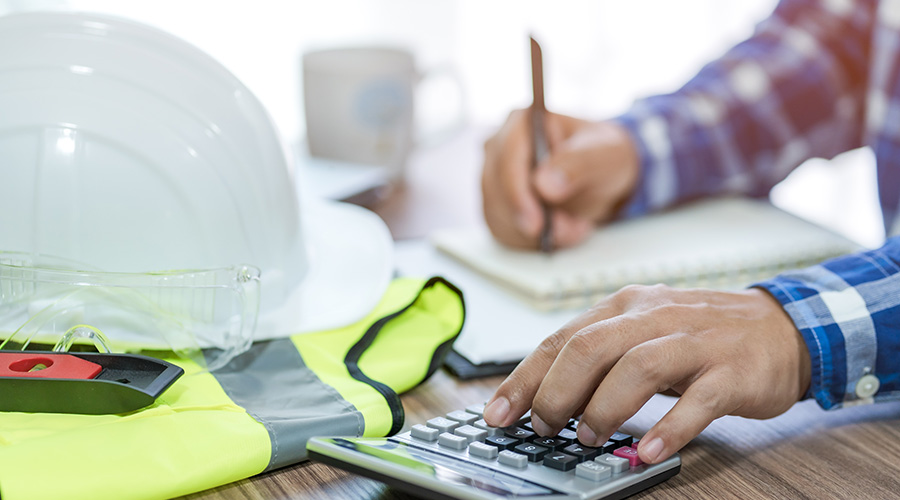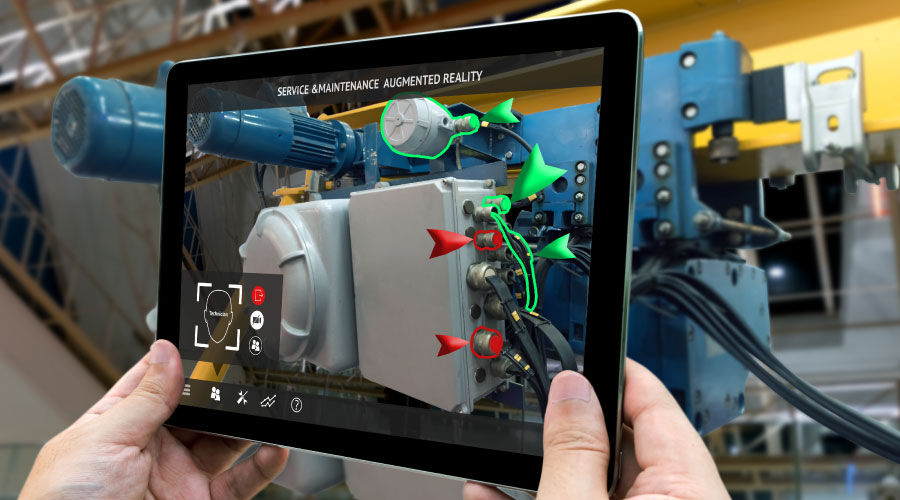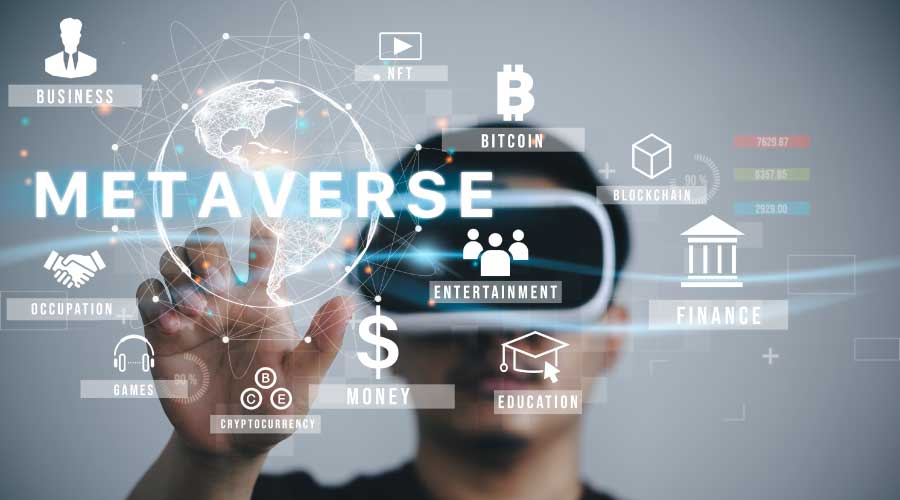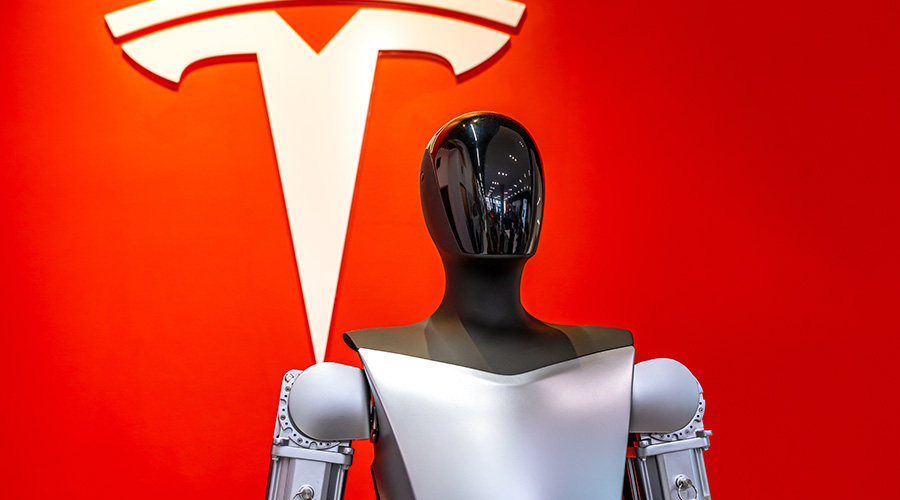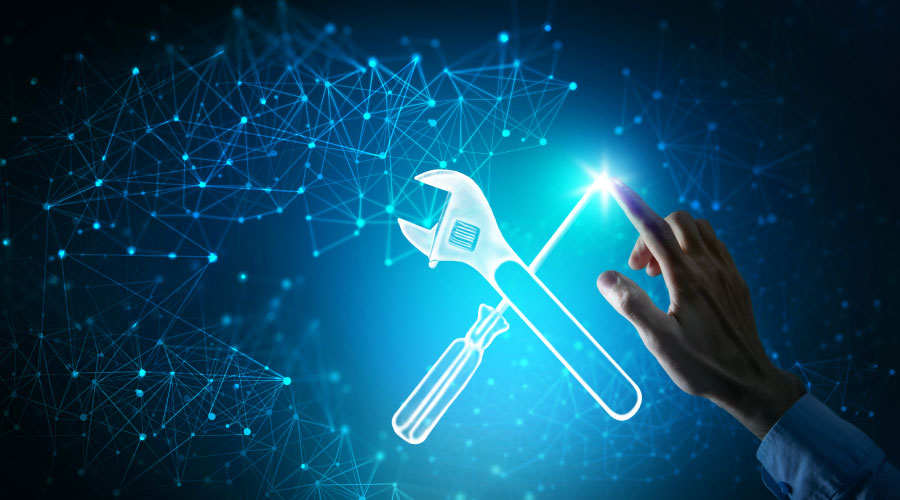5 Benefits of Augmented Reality in Facilities Management
Harnessing augmented reality streamlines maintenance and facilities management
By Shawn Black, Contributing Writer
Facilities management is essential in ensuring that buildings are well maintained to provide safe and productive environments for their occupants. Over the years, facilities management has evolved to include digital solutions that enhance efficiency. One such solution is Augmented Reality (AR), which is rapidly becoming an essential tool for the industry. Here are five ways AR can complement facility management tasks.
1.) Enhanced Visualization and Real-Time Information
AR technology provides real-time information and enhanced visualization, allowing maintenance personnel to visualize a building's infrastructure and systems instantly. This visualization technology can help technicians quickly locate issues and troubleshoot problems quickly. AR-enabled devices like smart glasses or tablets allow maintenance workers to assess equipment data analytics while performing maintenance tasks, reducing downtime, and increasing productivity.
Moreover, enhanced visualization and real-time information facilitate interactive simulations that train technicians in new skills, improving workforce efficiency. In essence, using AR increases the speed and accuracy of maintenance, enhancing operational effectiveness in the facility.
2.) Remote Assistance and Improved Collaboration
AR technology also connects on-site maintenance personnel with remote experts, who aid in real-time collaboration and problem-solving. This is particularly beneficial in cases where specialized knowledge or expertise is required or when technicians encounter unique problems. Through AR-enabled devices, a technician's view can be shared with remote experts, enabling them to provide guidance, resulting in more accurate diagnostics and reduced maintenance times.
Collaboration between maintenance staff and experts on the remote team also fosters a teamwork culture, promoting knowledge-sharing and enhancing the efficiency and effectiveness of the workforce. Remote assistance through AR technology reduces travel costs, saves time, and improves the overall performance of a facility.
3.) Comprehensive Asset Management and Preventative Maintenance
AR technology improves equipment maintenance by allowing technicians to access critical asset information, such as maintenance history, warranty information, and manufacturer specifications. With this data, maintenance teams can make informed decisions, prioritize tasks, and ensure that crucial assets receive timely maintenance. AR technology can also monitor equipment performance, predict potential breakdowns or failures, and schedule maintenance tasks proactively, thereby reducing downtime and improving operational efficiency.
Moreover, with the predictive maintenance capabilities of AR technology, potential issues can be identified and addressed before they cause significant disruptions or harm, preventing unexpected shutdowns and reducing maintenance costs. This approach also allows the maintenance staff to work on other critical tasks contributing to efficient equipment management and streamlined maintenance processes.
4.) Improved Safety and Risk Management
Using AR technology in facilities management significantly improves safety and risk management for maintenance personnel. By providing real-time visualization, AR technology can detect potential hazards such as gas leaks, electrical faults, or movement of hazardous equipment. Technicians can avoid accidents, work more safely, and identify and mitigate potential risks before catastrophic accidents occur. Ultimately, enhanced safety can reduce workplace accidents, promoting employees' overall satisfaction and well-being.
5.) Predictive Maintenance
AR technology takes preventative maintenance a step further by enabling the forecasting and prediction of equipment breakdowns. By preparing for probable equipment malfunctions, facilities avoid sudden disruptions or unexpected shutdowns, reducing maintenance costs and improving equipment management. Potential equipment failures can be identified through sensors and other advanced applications even before any anomalies are detected. This proactive approach towards equipment maintenance fosters a culture of efficiency and operational effectiveness in maintenance processes, enabling facilities to stay ahead of the curve.
Augmented Reality technology provides a practical approach to improving maintenance processes in facilities management by offering better visualization, remote assistance, comprehensive asset management, improved safety, and predictive maintenance. As AR technology evolves, its importance in facilities management will continue to grow, requiring organizations to integrate it into their operations for optimal productivity. By leveraging AR technology, facilities and maintenance managers can anticipate maintenance needs proactively, improve performance and efficiency, reduce costs, and ensure that their facilities provide safe and productive environments for their occupants.
With almost 30 years of experience in technical and construction-related industries, including 9 years in facility maintenance, Shawn Black is a highly skilled professional. Currently, he serves as the Regional VP of Business Development for CGP Maintenance and Construction Service, is an author, speaker, and coach as well as a Podcast host of the popular Service Evolution Podcast, which you can find at https://www.cgpconstruction.com/podcast.
Related Topics:






